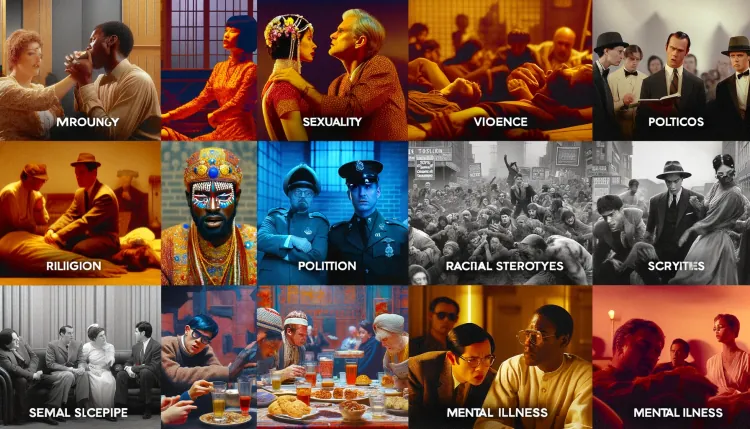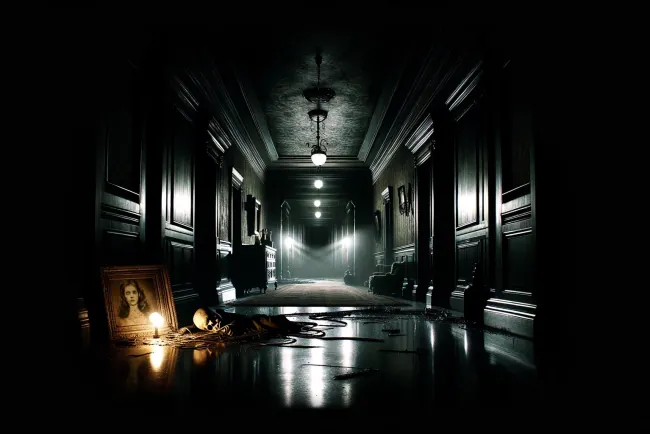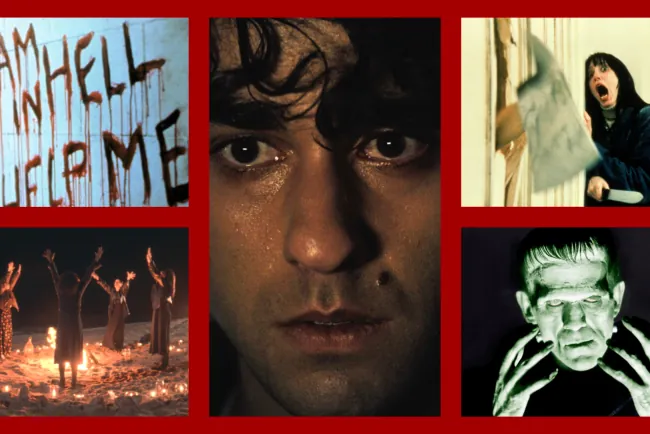Taboos in Cinema: Exploring the Uncharted Territories of Filmmaking
Discover how cinema navigates uncharted territories of filmmaking by exploring themes like sexuality, violence, politics, and religion

Cinema has long been a mirror reflecting societal norms, values, and challenges. As a form of artistic expression, it also serves as a boundary-pushing medium that explores themes which often stir emotions and controversies. The notion of "taboo" in cinema is not static; it evolves over time, reflecting shifting societal attitudes and cultural sensitivities. From depictions of sex and violence to explorations of religion and politics, taboos in cinema reveal both the power and limitations of storytelling.
1. Sexual Content
Sexuality has historically been a contentious topic in filmmaking. Early Hollywood imposed the Hays Code, a set of industry moral guidelines established in the 1930s, which restricted overt displays of sexual intimacy. Directors found creative ways around the limitations, often relying on implication rather than explicit content. With the gradual relaxation of these standards during the 1960s, films like Midnight Cowboy and Last Tango in Paris broke barriers by portraying sexuality with unprecedented realism. However, even in modern times, explicit portrayals of sexuality still face challenges ranging from censorship to social backlash.
2. Violence and Gore
Depictions of violence, particularly graphic violence and gore, have long been subjects of controversy. Films like A Clockwork Orange, The Texas Chainsaw Massacre, and Natural Born Killers sparked public outrage and censorship efforts due to their disturbing visuals. While audiences have become more accustomed to violence on screen, excessive gore, particularly when it appears gratuitous, continues to evoke debates around its impact on viewers, especially on younger audiences.
3. Religion
Religion remains a sensitive topic in many societies, making it a fertile ground for cinematic taboos. Films that challenge or satirize religious beliefs, like The Last Temptation of Christ and Life of Brian, have historically been met with strong opposition and censorship from religious groups. However, more recent films like The Da Vinci Code show that audiences are increasingly willing to engage with religious controversies through cinema, even if the subject matter remains delicate.
4. Politics and Ideology
Political taboos vary across regions, but cinema has often been at the forefront of challenging oppressive regimes and ideologies. Films such as Dr. Strangelove and All the President's Men tackled Cold War politics and governmental corruption, while more recent works like The Interview and V for Vendetta question contemporary political ideologies and censorship. However, directors often face backlash or government restrictions when addressing sensitive political topics.
5. Racial and Cultural Stereotypes
Depictions of race and culture are among the most sensitive subjects in cinema. Films like The Birth of a Nation and Gone with the Wind reflect how early portrayals perpetuated harmful stereotypes, while modern movies like Get Out seek to dismantle these stereotypes. While the film industry is increasingly aware of cultural representation, accusations of cultural appropriation and stereotyping still arise, highlighting the persistent taboos surrounding racial and cultural portrayals.
6. Psychological Disorders and Disability
The portrayal of psychological disorders and disabilities is often fraught with controversy. Movies like Psycho and One Flew Over the Cuckoo's Nest have sparked debates about stigmatization and inaccurate representation of mental illness. Efforts to portray these conditions more accurately are evident in contemporary films like Silver Linings Playbook, but the industry continues to face challenges around representation and inclusivity.
Conclusion
Taboos in cinema provide a lens through which society's changing attitudes can be observed. While filmmakers continue to push the boundaries of storytelling, they often face a delicate balance between artistic expression and social responsibility. As new taboos emerge and old ones fade, cinema will remain an essential medium for exploring the uncharted territories of our collective psyche.
What's Your Reaction?






















